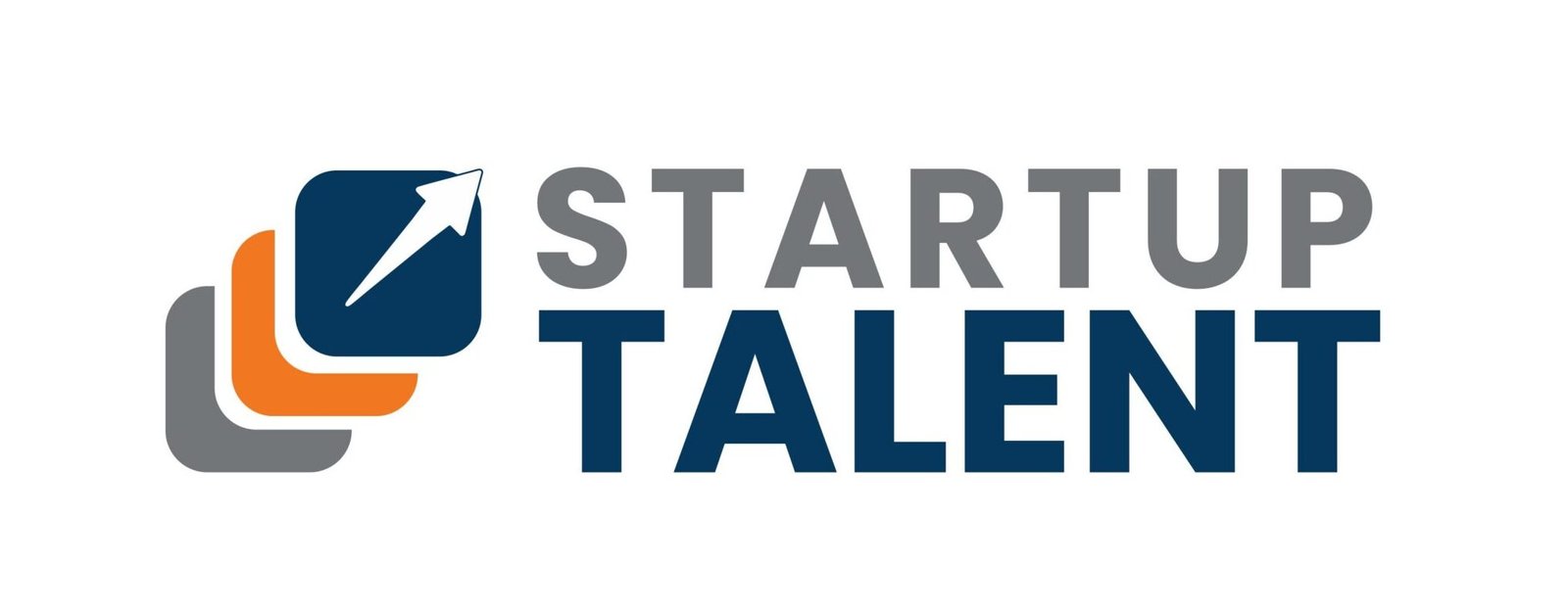Organizations today increasingly recognize the importance of effective talent management in driving success. Building a high-performing team is not just about hiring the right people; it involves a strategic approach to nurturing and developing talent to achieve long-term business goals.
This blog will present the best practices for talent management that can help you build a high-performing team.
Strategic Recruitment and Selection
Recruitment is the initial step in building a high-performing team. A strategic approach involves crafting a detailed job description that clearly outlines the necessary skills and experience for the role.
You can also use a mix of traditional and modern recruitment channels, including job boards, social media, and employee referrals, to attract a diverse pool of candidates. You should also conduct interviews that evaluate technical skills, cultural fit, and behavioral traits. This approach will help you hire the right talent for your organization and make managing them easier.
Onboarding and Integration
Effective onboarding helps new hires quickly integrate into the team and become productive. You can apply best practices such as developing a comprehensive onboarding program that covers company culture, processes, and tools.
It would help if you paired new hires with experienced employees who can guide them through the initial phases of their employment. You can schedule frequent check-ins during the first few months to address concerns and provide support. This practice will equip you to take care of your workforce and manage them efficiently.
Continuous Learning and Development
A commitment to continuous learning is essential for maintaining a high-performing team. You can offer various training programs, including technical skills, soft skills, and leadership development. You must make use of online learning platforms to provide flexible learning opportunities.
You can also work with employees to create personalized career development plans that align their goals with the company’s objectives.
Performance Management
Effective performance management systems help track progress and drive improvement. To build a high-performing team, you must provide continuous feedback rather than relying solely on annual reviews. Additionally, you should recognize and reward high performance to motivate employees and reinforce desired behaviors.
Employee Engagement
Engaged employees contribute more to the organization through increased productivity, loyalty, and commitment. It can boost engagement by encouraging open communication where employees feel heard and valued.
You can encourage work-life balance through flexible working arrangements and wellness programs. Additionally, organize regular team-building activities to strengthen relationships and enhance collaboration.
Succession Planning
Talent Management Solution involves identifying critical roles and the skills required for those positions. You must invest in developing internal talent to fill future leadership roles. Additionally, you can regularly review succession plans to ensure employees stay on track and perform well.
Diversity and Inclusion
A diverse and inclusive workforce fosters innovation and better decision-making. You can promote diversity and inclusion by adopting hiring practices like blind recruitment and diverse interview panels. Additionally, offering training on unconscious bias and cultural competency can also help.
Creating an environment where all employees feel valued promotes diversity and inclusion. This approach helps build a team that is innovative, respectful, and cohesive. It keeps employees motivated and committed to the company, leading to efficient performance in your market.
Conclusion
To conclude, building a high-performance team requires a strategic approach to fulfilling your short- and long-term goals. By focusing on strategic recruitment, effective onboarding, continuous learning, performance management, employee engagement, succession planning, and diversity and inclusion, organizations can create a workforce that is motivated, skilled, and ready to drive success.
By embracing these practices, you can attract top talent, retain and develop their skills, and ensure long-term success and a competitive edge in the market. Want to learn more about how we can offer customized Startup Talent Pro. management solutions for your startup? Give us a call at +1 (209) 231-4575.






